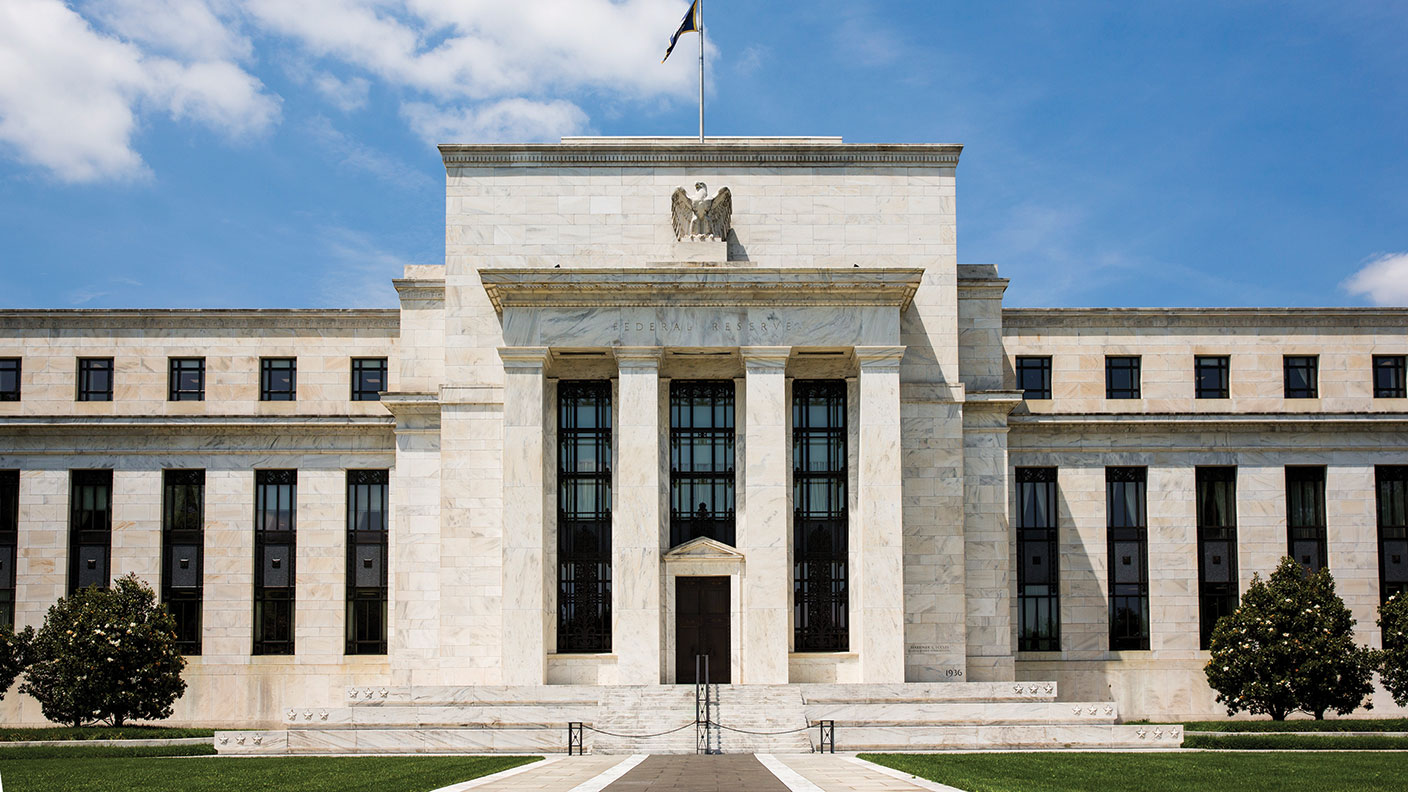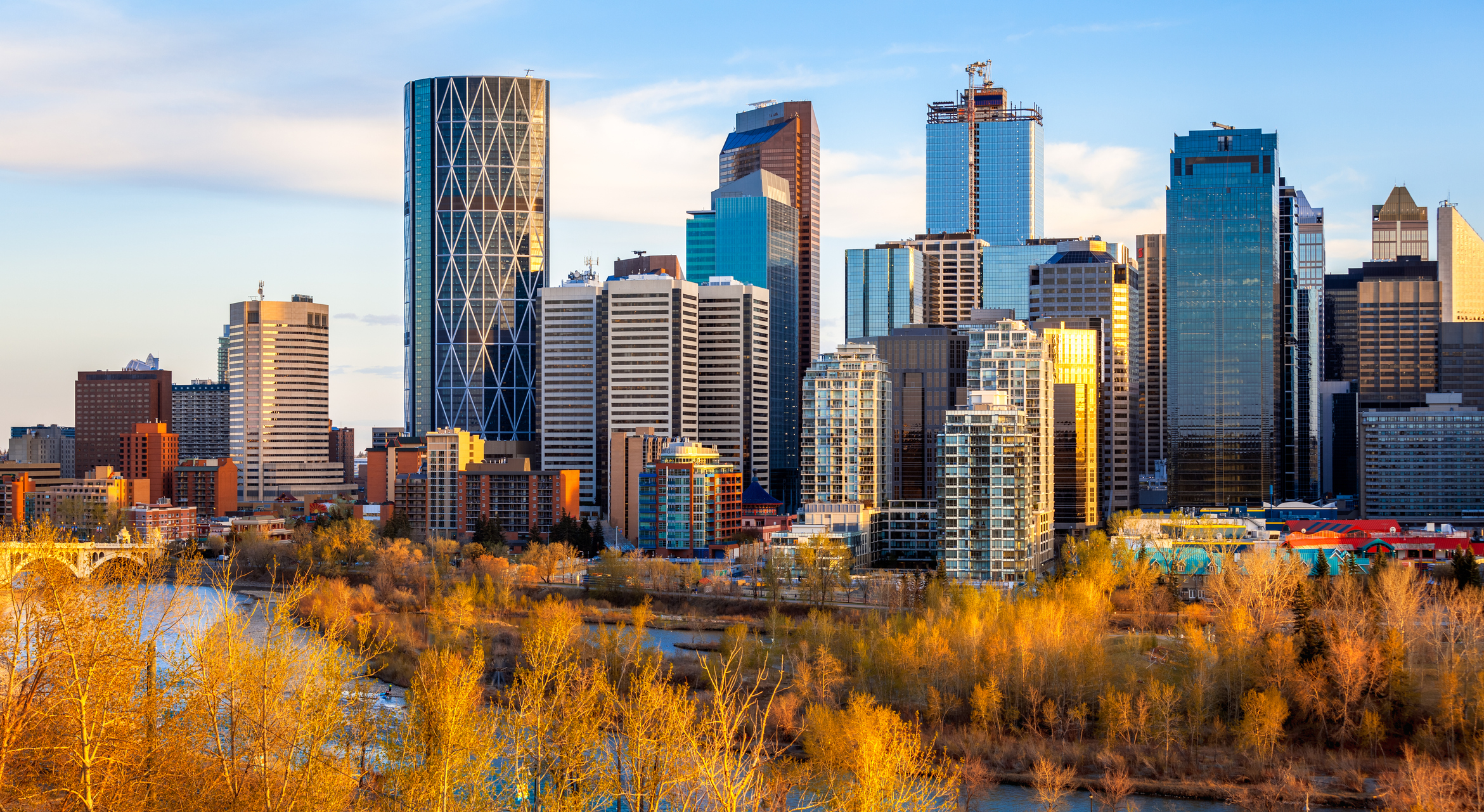US inflation brings no respite for markets
As US inflation hit a 40-year high, the benchmark S&P 500 stockmarket index slid into a bear market, down more than 20% since its 3 January high.

Get the latest financial news, insights and expert analysis from our award-winning MoneyWeek team, to help you understand what really matters when it comes to your finances.
You are now subscribed
Your newsletter sign-up was successful
Want to add more newsletters?

Twice daily
MoneyWeek
Get the latest financial news, insights and expert analysis from our award-winning MoneyWeek team, to help you understand what really matters when it comes to your finances.

Four times a week
Look After My Bills
Sign up to our free money-saving newsletter, filled with the latest news and expert advice to help you find the best tips and deals for managing your bills. Start saving today!
“The bigger the party, the worse the hangover,” says Russ Mould of AJ Bell. America’s S&P 500 plunged on Monday to close down more than 20% since its 3 January high, meaning that the benchmark index is officially in a bear market. That marks the end to the bull market that began in March 2020. While it was “the shortest bull run on record since 1950… what it lacked in duration it made up in intensity”.
The sell-off followed data last week showing that US consumer price inflation hit an annual rate of 8.6% in May, the highest level since 1981, dashing hopes that it had peaked. The unexpectedly high figure increases the odds of sharp interest rate rises. Traders are now betting that the US rates will be at 3.6% by the end of 2022, up from expectations of 2.9% last week.
Tech stocks have been hit especially hard, with the tech-heavy Nasdaq down 28% since the start of the year. Yet the bear market is broadening to include sectors that had been safe havens so far this year, says The Wall Street Journal. The S&P 500’s energy segment plunged 5.6% on Monday, “a deeper decline than that of the broad index”. On the same day, ten-year US treasury bonds registered their worst one-day performance since March 2020, as yields hit their highest level since 2011.
MoneyWeek
Subscribe to MoneyWeek today and get your first six magazine issues absolutely FREE

Sign up to Money Morning
Don't miss the latest investment and personal finances news, market analysis, plus money-saving tips with our free twice-daily newsletter
Don't miss the latest investment and personal finances news, market analysis, plus money-saving tips with our free twice-daily newsletter
Structural inflation
The US inflation data was “awful” and got “worse the more you looked”, says John Authers on Bloomberg. Energy prices soared 34.6%, their biggest annual increase since 2005, while food costs were up 10.1%. Policymakers might be able to do little to control soaring commodity prices, but rising rents and house prices have also sent US shelter inflation to its highest level in three decades. “Plainly, tighter monetary policy should help rein in an overheating housing market”.
For central bankers, “easing the inflationary economy onto the runway safely and comfortably is all that matters” now, says Tom Stevenson in The Daily Telegraph. Such a “soft landing” would require “just enough demand destruction and a resumption of sufficient supplies of key inputs like energy” to tame inflation. In a “hard landing”, by contrast, “central banks go too hard, too fast and push the economy into recession, either by accident or deliberately”. A “third possibility is a continuation of the current stagflation environment in which central banks remain behind the curve”, a scenario that would amount to “a re-run of the ugly 1970s economic backdrop”.
There are good reasons to fear that high inflation is here to stay, say Marco Pirondini and Alec Murray of Amundi Asset Management. There are structural labour shortages in the US and China, not to mention the inflationary impulse from higher global spending on defence and energy security. In such an environment investors will begin to “reward companies based on their current fundamentals rather than on earnings potential in the distant future”. In the first four and a half months of this year, the least expensive quintile of S&P 500 stocks returned 6%, while the most expensive fell 23% as investors “shift from paying any price to paying the right price”.
SEE ALSO:
What to buy as the tech-stock bull market crashes
Protecting your wealth from inflation won’t be easy – here’s what to do
We’re in a bear market – change the way you invest
Get the latest financial news, insights and expert analysis from our award-winning MoneyWeek team, to help you understand what really matters when it comes to your finances.
Alex is an investment writer who has been contributing to MoneyWeek since 2015. He has been the magazine’s markets editor since 2019.
Alex has a passion for demystifying the often arcane world of finance for a general readership. While financial media tends to focus compulsively on the latest trend, the best opportunities can lie forgotten elsewhere.
He is especially interested in European equities – where his fluent French helps him to cover the continent’s largest bourse – and emerging markets, where his experience living in Beijing, and conversational Chinese, prove useful.
Hailing from Leeds, he studied Philosophy, Politics and Economics at the University of Oxford. He also holds a Master of Public Health from the University of Manchester.
-
 UK unemployment hits highest level since 2021 – will interest rate cuts follow?
UK unemployment hits highest level since 2021 – will interest rate cuts follow?UK unemployment reached its highest rate in almost five years by the end of 2025. Is AI to blame and will the Bank of England step in with an interest rate cut in March?
-
 Did UK inflation fall in January?
Did UK inflation fall in January?After rising in December, analysts expect the next round of UK inflation data to show that disinflation returned in January
-
 Canada will be a winner in this new era of deglobalisation and populism
Canada will be a winner in this new era of deglobalisation and populismGreg Eckel, portfolio manager at Canadian General Investments, selects three Canadian stocks
-
 UK wages grow at a record pace
UK wages grow at a record paceThe latest UK wages data will add pressure on the BoE to push interest rates even higher.
-
 Trapped in a time of zombie government
Trapped in a time of zombie governmentIt’s not just companies that are eking out an existence, says Max King. The state is in the twilight zone too.
-
 America is in deep denial over debt
America is in deep denial over debtThe downgrade in America’s credit rating was much criticised by the US government, says Alex Rankine. But was it a long time coming?
-
 UK economy avoids stagnation with surprise growth
UK economy avoids stagnation with surprise growthGross domestic product increased by 0.2% in the second quarter and by 0.5% in June
-
 Bank of England raises interest rates to 5.25%
Bank of England raises interest rates to 5.25%The Bank has hiked rates from 5% to 5.25%, marking the 14th increase in a row. We explain what it means for savers and homeowners - and whether more rate rises are on the horizon
-
 UK inflation remains at 8.7% ‒ what it means for your money
UK inflation remains at 8.7% ‒ what it means for your moneyInflation was unmoved at 8.7% in the 12 months to May. What does this ‘sticky’ rate of inflation mean for your money?
-
 Would a food price cap actually work?
Would a food price cap actually work?Analysis The government is discussing plans to cap the prices of essentials. But could this intervention do more harm than good?